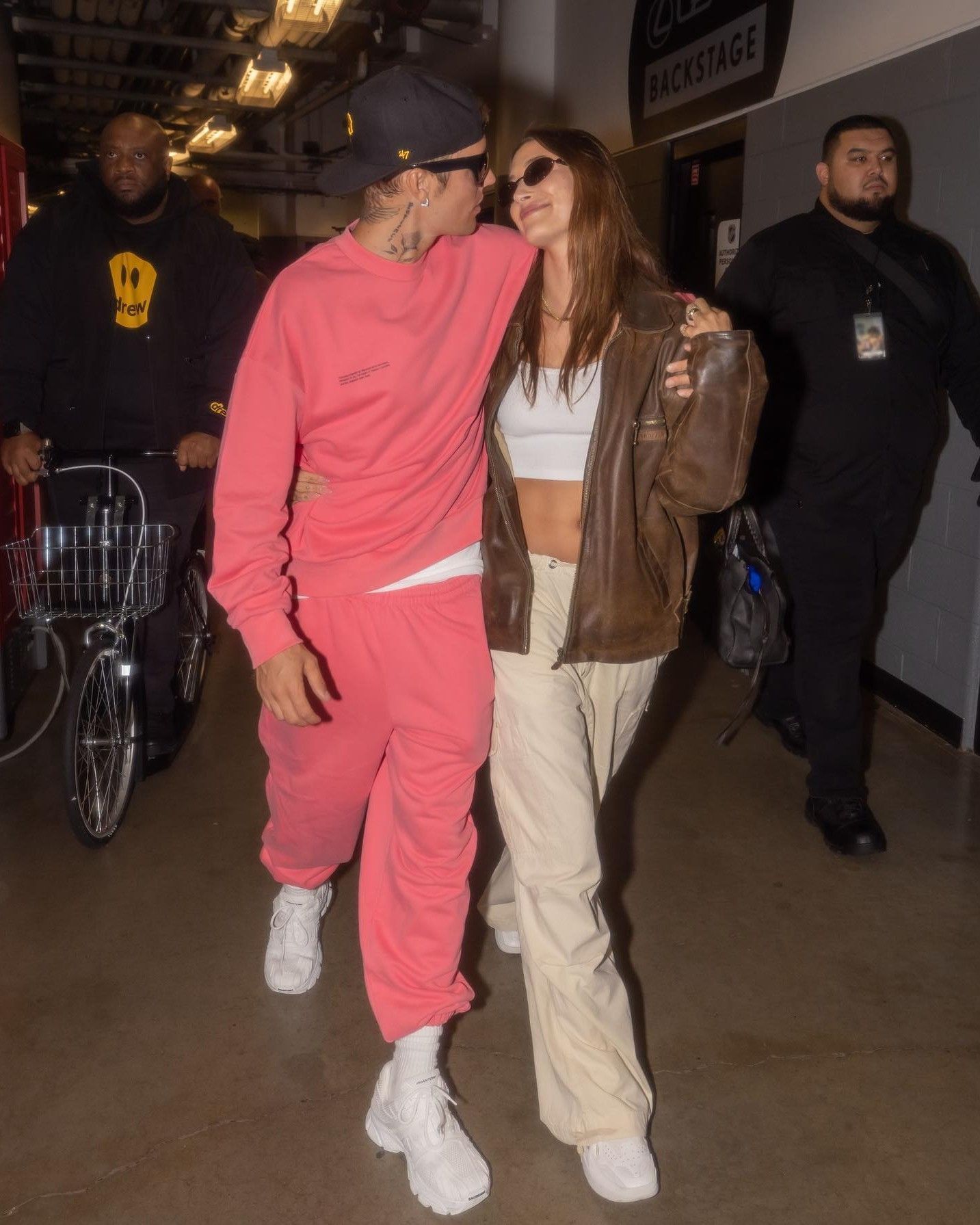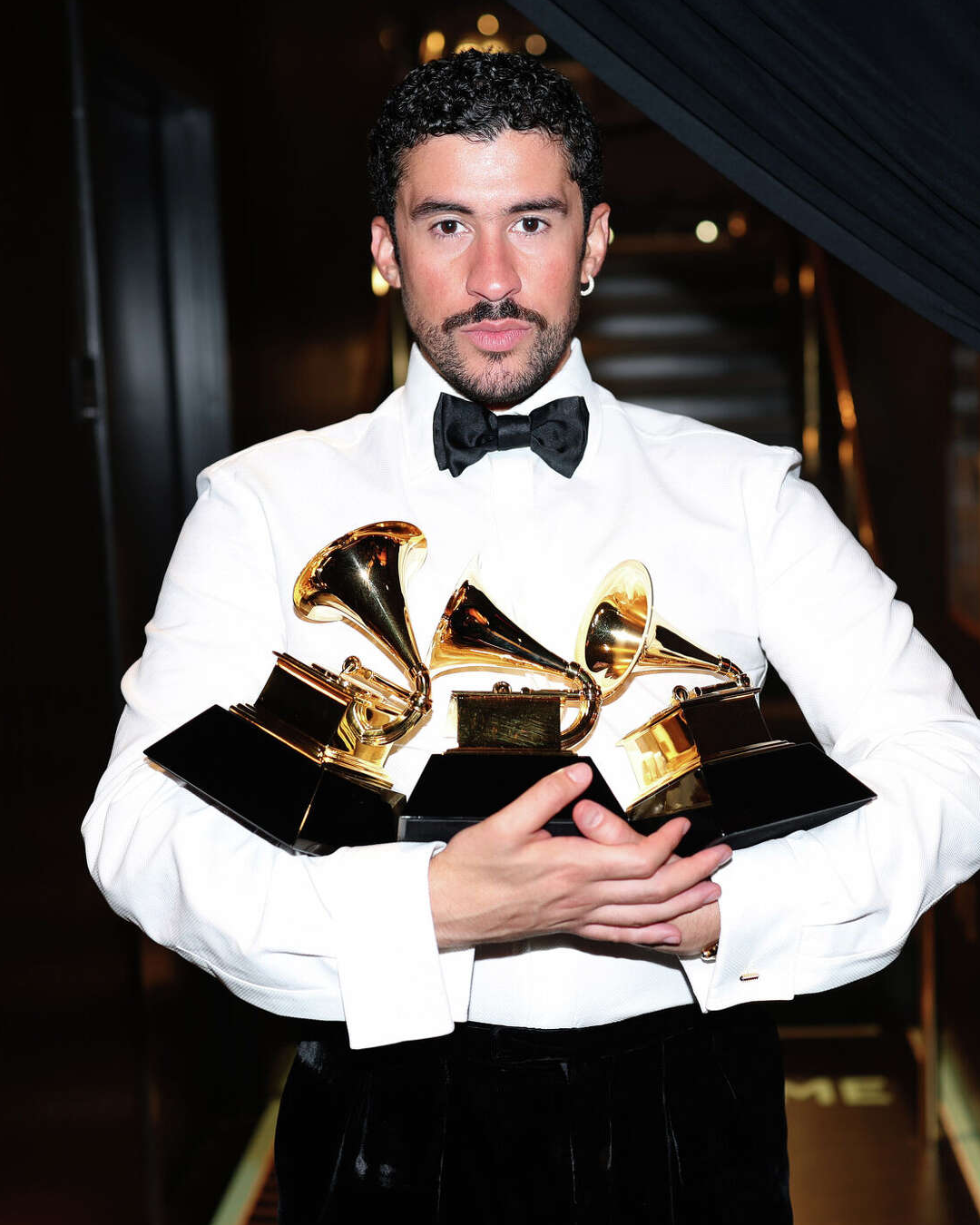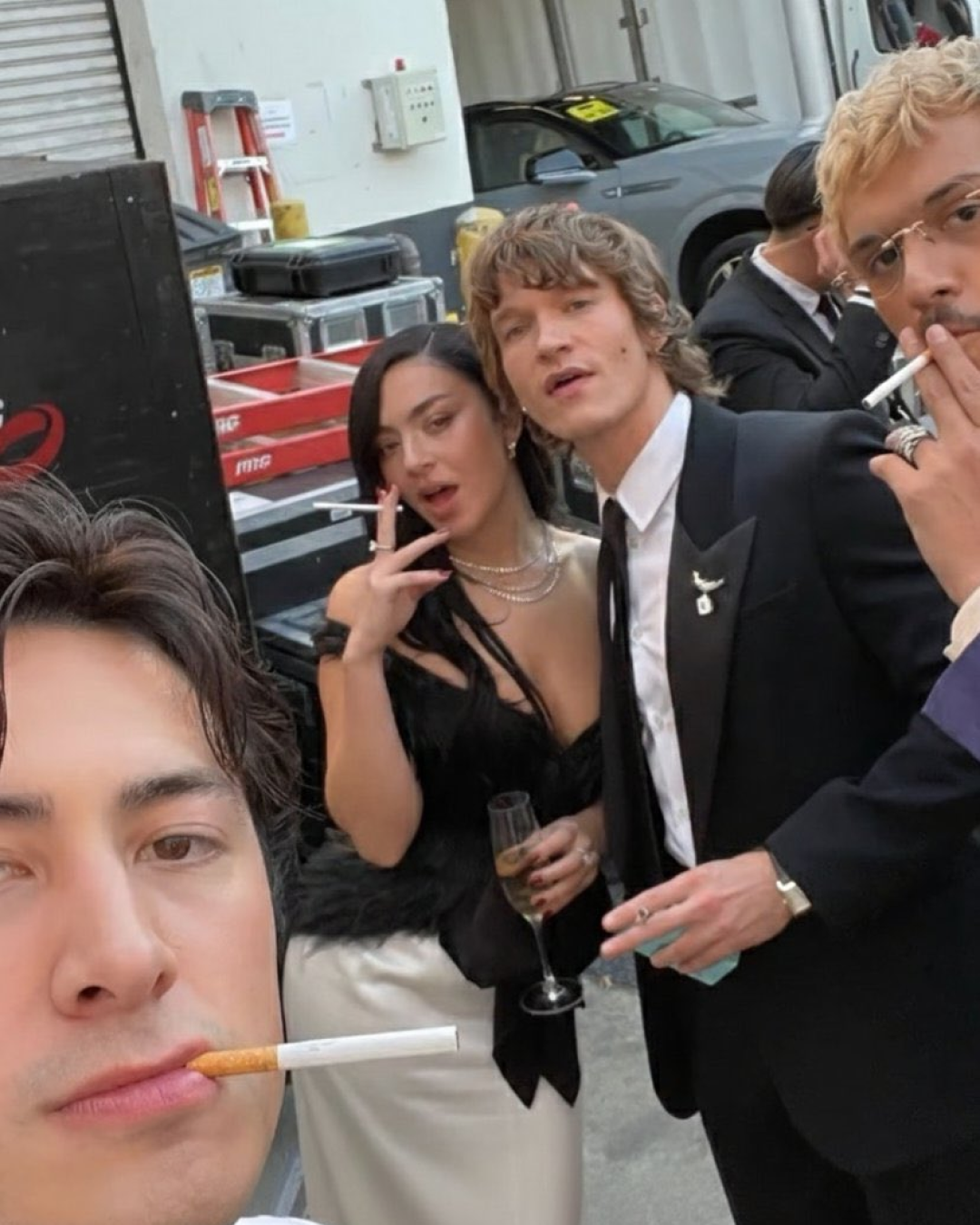
Whatever happend to Pangaia? When being eco-friendly is no longer enough
Between 2020 and 2021, Pangaia was on everyone's lips. The start-up founded by influencer Miroslava Duma, known primarily for its colorful hoodies, became a symbol of a historic moment during those years, when the pandemic had a tangible impact on our lives and, consequently, on the way we dressed.
At the time, many thought people's way of dressing would change forever, but that wasn't the case: leisurewear had a relatively short life, and with the end of lockdowns, the whole world dove into shopping, abandoning the monotonous comfort of tracksuits and slippers, which had become a sad reminder of traumatic times.
Pangaia felt the blow. As reported at the time by The Business of Fashion, the brand closed 2022 with a loss of $50.4 million. The company's sales dropped 42% from the previous year, reaching a downgrade of $37.1 million—truly alarming numbers when you consider that in 2020 the brand had peaked at $76 million. And with the subsequent waves of trends that followed, from Y2K to quiet luxury, the brand was increasingly erased from collective memory.
Yet, on the occasion of the upcoming Milan Fashion Week, Pangaia is returning with a new presentation and, we presume, a new look. But how did we get here?
Sustainability isn't everything
@pangaia Every day is loungewear day with @elviralegrand. #PANGAIA #tracksuits #transitions #family A WEEK - ester
It's not so hard to identify the causes of Pangaia's decline. The company had established itself during the pandemic as the bastion of sustainable fashion, but it committed the mistake of remaining trapped in its own rhetoric. Thanks to a real crowd of celebrities and influencers wearing those monochrome hoodies, Pangaia achieved a turnover of a solid $75 million in 2020. Over the years, the brand's product offering grew, including tailored suits and trenches for example, but they didn't find the success hoped for.
All signs that the brand has definitely shrunk, if it weren't already noticeable from its general absence from the influencer ecosystem, where influencers in recent times have been more seduced by brands like Skims, Lululemon, Alo Yoga, or Adrian Cashmere for leisurewear. But the upcoming Milan presentation promises to show us a turning point. Will Pangaia manage to reconquer everything it has lost in these years?












































